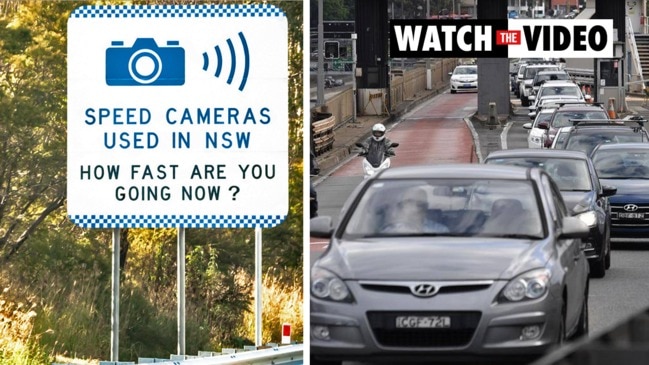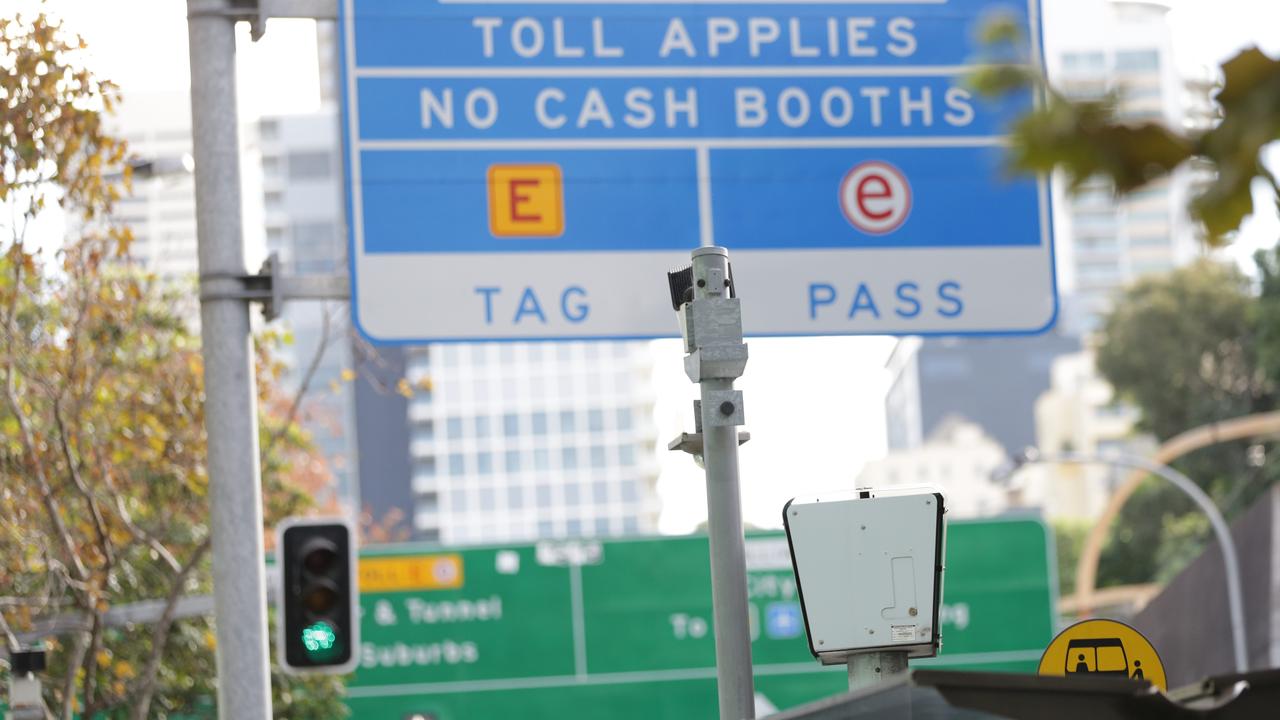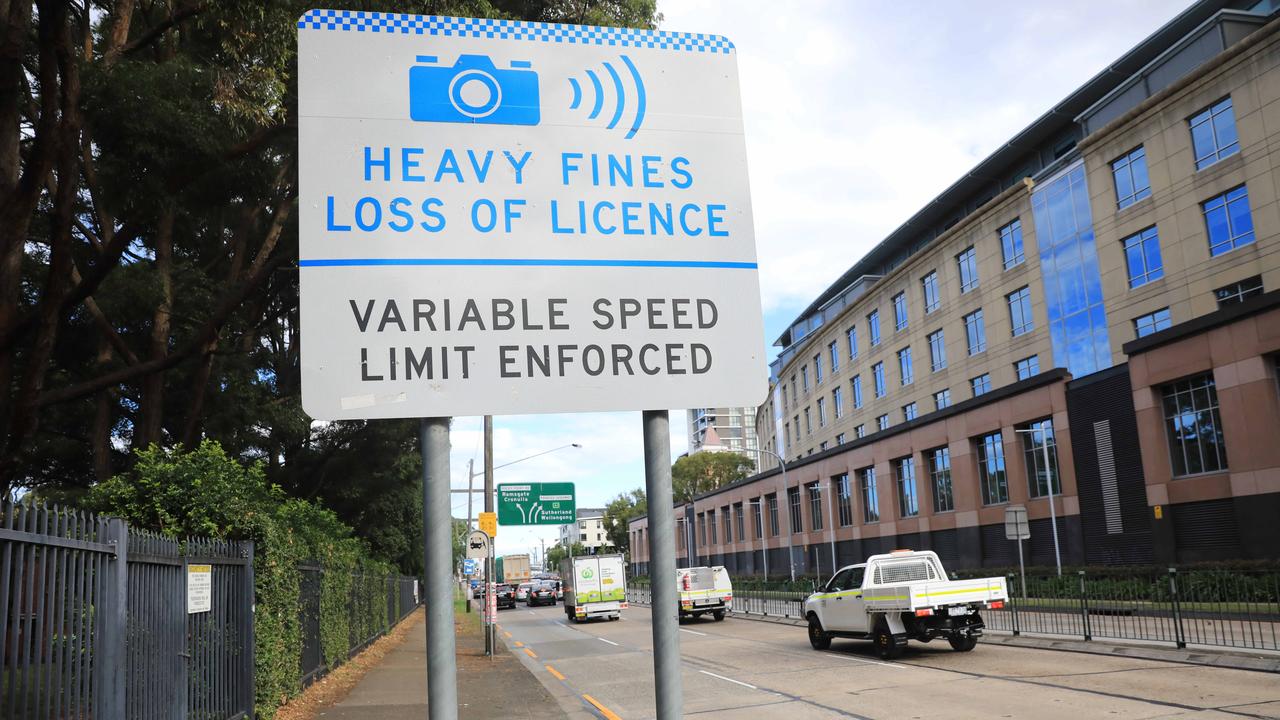Revenue from mobile speed cameras in NSW smashes record
Revenue from mobile speed cameras has soared by millions of dollars, with a single month raking in more cash than all of the last financial year.

The NSW government is set to rake in record levels of revenue from speed camera fines after it collected more cash in February than it did during the last financial year.
More than $6m in revenue from mobile speed camera fines was gathered in February, leapfrogging the $5,743,994 worth of fines handed out last financial year.
Labor roads spokesman John Graham said the record number of fines had largely been driven by the removal of mobile speed camera warning signs.
The number of fines handed out in February were 15 times more than for the same month last year, up to 27,985 from 1859.
But February’s record is expected to be broken, with the state government to nearly triple the number of hours that speed cameras operate – from 7000 to 20,000 hours each month.

“We have never collected this much money from NSW drivers,” Mr Graham said.
“We support these cameras, but we would like to see warning signs in place.
“Some of this money should immediately flow back in to driver education.”
In February Mr Graham described the system as a “cash grab on a grand scale”.
Close to $400,000 worth of fines were handed out to drivers in February 2020, but that figure blew out to $6,199,958 in February this year.
More than $3.4m in mobile speed camera fines were also issued during the month of January, a staggering increase on the $382,000 that were handed out in January 2020.
That is likely a direct of result of warning signs for the cameras being phased out, which began in December.
Warning signs were located 250m before and 50m after each mobile speed camera, giving motorists an opportunity to check their speed.

Transport Minister Andrew Constance said the idea that removing the signs was a revenue raising initiative was “rubbish”.
“If it was revenue rising it’d be going into the consolidated fund, (but instead) it’s going into the community road safety fund to get people to do what they should have been doing in the first place.”
Mr Constance in November revealed warning signs would be scrapped.
These changes were spurred by the tragic deaths of four children at Oatlands early last year after an intoxicated driver mounted the footpath.
Mr Constance last year said the changes were about shifting culture and behaviour.
“We want to make a difference,” he said.
“We can't keep doing what we’re doing, year in, year out, knowing the impact it has on families, loved ones, children and our community.”




